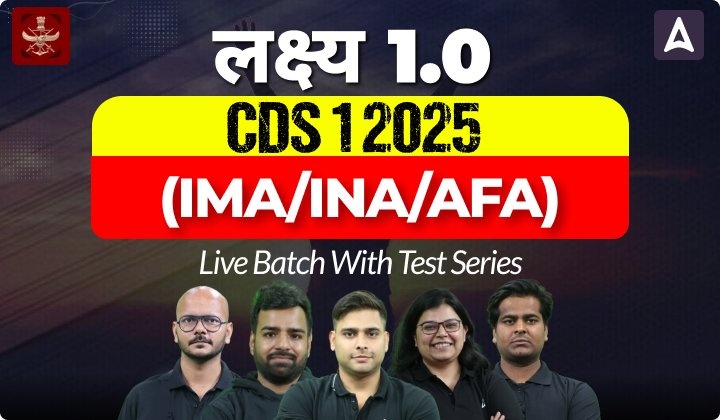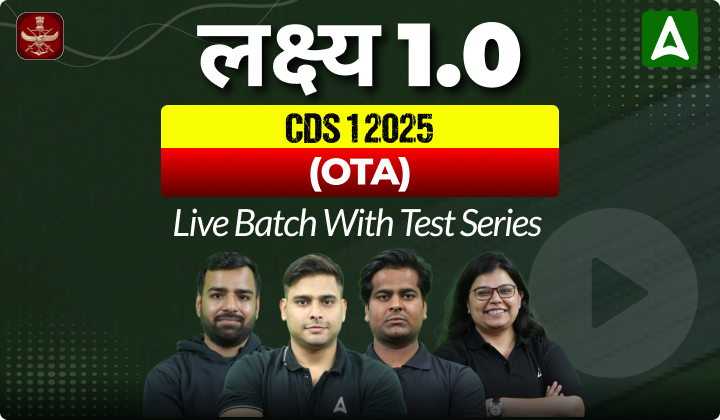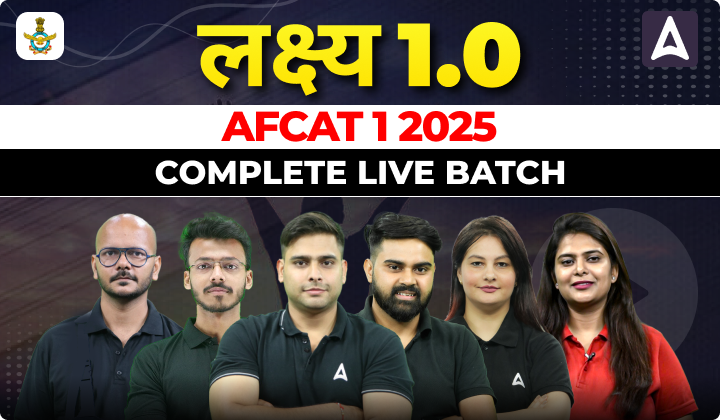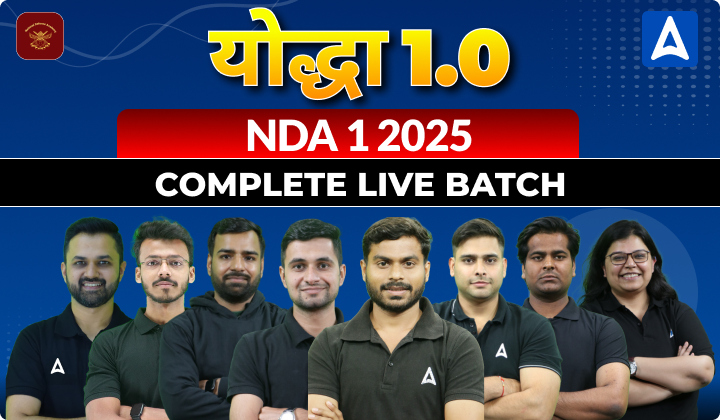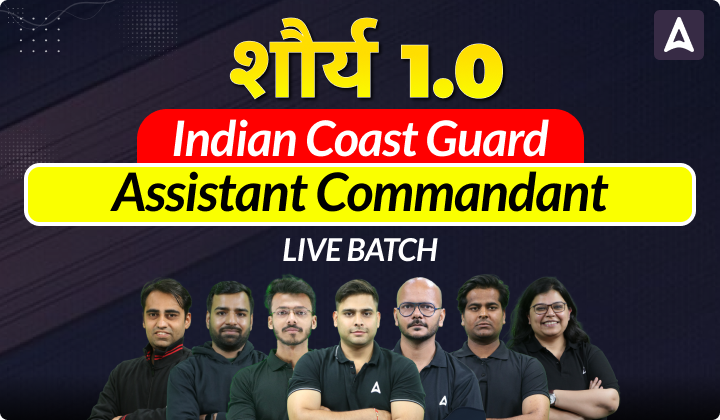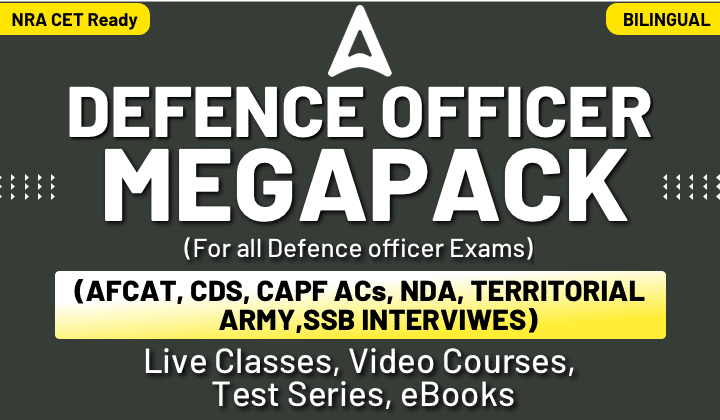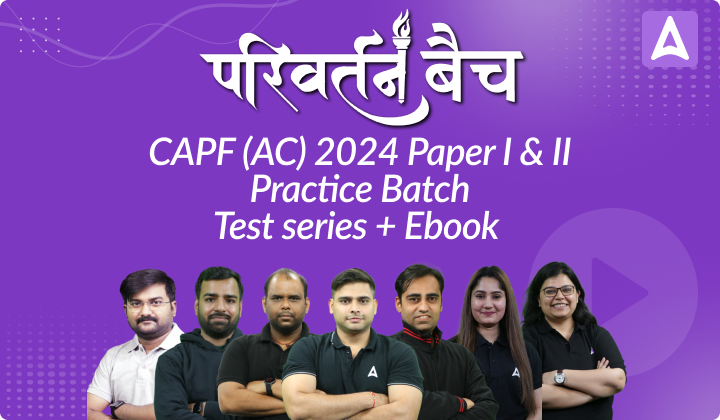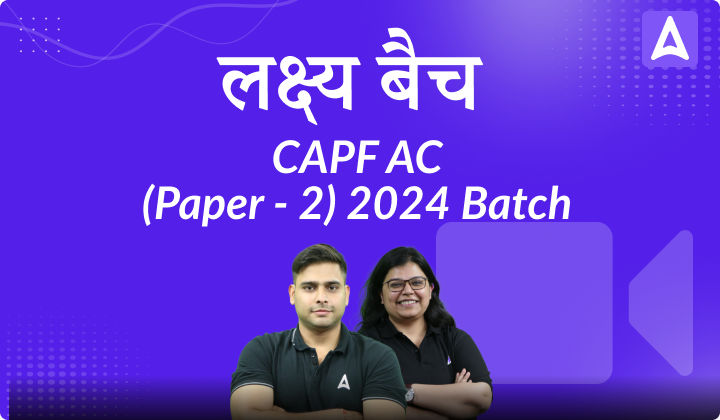The full form of NCC is National Cadet Corps, headquartered in New Delhi. Its aim is to focus on military training, physical fitness, leadership, discipline, teamwork, adventure activities and community development. Admission to NCC is open to high school and college students, and cadets are recruited from various schools, higher secondary schools, colleges and institutions across the country.
Starting with only 20,000 cadets in 1948, NCC currently has a sanctioned strength of 20 lakh cadets, making it the largest uniformed youth organization in the world. Currently, 25% of the cadets are undergoing officer training at the Officer Training Academy, Indian Military Academy (IMA) and National Defence Academy (NDA), with a higher number of female cadets. Basic military training is provided to cadets in NCC. However, after completing this training, it is not mandatory for officers and cadets to serve in the army. NCC plays a vital role in promoting national integration and social awareness by inculcating discipline and leadership qualities among its cadets.
NCC Full Form
The National Cadet Corps (NCC) is the youth wing of the Indian Armed Forces, which aims to inculcate discipline and a sense of patriotism in the youth. This organization provides military training in the field of physical fitness, discipline and adventure. High school and college students can voluntarily join the NCC.
Despite the NCC providing basic military training, joining the army after that is optional. NCC cadets played a vital role in the 1965 and 1971 wars, where they supplied arms and ammunition to the front line and helped capture enemy paratroopers. In addition, they also assisted in rescue operations and traffic control in collaboration with civil defense officials. After 1971, the NCC curriculum focused more on qualities such as leadership and officers, reducing the emphasis on military training.
| Full Form of NCC | National Cadet Corps |
| NCC Motto | Unity and Discipline |
| NCC Official Website | indiancc.nic.in |
History of NCC
The history of NCC begins with the contribution of Brigadier M.L. Rawat, who founded the National Cadet Corps (NCC) in 1948. The NCC was formed under the National Cadet Corps Act 1948, and since then it has been making a significant difference in the lives of millions of cadets. It can be considered the successor of the University Officers Training Corps, which was established by the British in 1942 and remained active during the wars of 1965 and 1971.
The NCC is a non-political organization that focuses on the development of character and leadership skills through activities such as military drills, ceremonies, adventures, and community service. Additionally, civil defence officers also work closely with NCC cadets, especially in rescue operations and traffic control. After 1971, the NCC curriculum was updated to emphasize the development of leadership and officer-like qualities rather than just military training.
Check: CDS Full Form
NCC Motto
The motto of the NCC is “Unity and Discipline”, which its members take an oath to adopt. This slogan was adopted during a conference held in 1978. Specifically, this tagline was discussed during the 11th Chief Advisory Conference (CAC) on 11 August 1978.
This slogan underlines the importance of unity and discipline among the members of the NCC. The main objective of the NCC is to unite the youth from different parts of the country and make them disciplined citizens.
Three Aims of NCC
The Aims of the National Cadet Corps (NCC), established in 1988, have proven to be resilient and relevant in addressing the current socio-economic landscape of the country. These aims are as follows:
- Character Development: Foster character, comradeship, discipline, leadership, a spirit of adventure, a secular outlook, and selfless service among the nation’s youth.
- Human Resource Creation: Cultivate a motivated, organized, and trained youth who can provide leadership across various sectors of society.
- Encouragement to Join Defence Forces: Create a conducive environment for young individuals to consider a career in the Defence forces.
The NCC plays a pivotal role in instilling qualities such as brotherhood, honesty, integrity, secularism, and decision-making skills. The training provided is not limited to physical development; it also encompasses mental and spiritual growth. This holistic approach equips individuals to become leaders in all aspects of life.
While joining the NCC may not lead to immediate wealth, it offers something far more valuable: the development of strong moral values and principles. Through the NCC experience, individuals become not just participants but men and women of integrity and purpose, ready to contribute positively to society.
NCC Organization
The NCC is headed by a Director General, who is an experienced Army officer in the rank of Lieutenant General. The DG is tasked to oversee the operations of the NCC across the country, and its headquarters are located in New Delhi, from where the overall administration and policy making is managed.
The NCC is a tri-service organisation, comprising members from the Army, Navy and Air Force. It has a total of 17 directorates, spread across the country, and each directorate is commanded by Brigadiers or their equivalent officers.
The NCC is not just an organisation, but a movement that works to transform young talents into responsible citizens and future heroes. The cadets are recruited on a voluntary basis and are open to every school and college student who has a spirit of brotherhood and adventure.
The NCC has three types of certificates: A, B and C. The most prestigious of these is the “C” certificate, which provides marks for a special quota in the defense services, NCC special entry, and many other examinations. Thus, a “C” certificate holder enjoys several benefits, which can play a vital role in his/her career.
NCC Ideologies
The National Cadet Corps (NCC) embraces the motto of ‘Unity & Discipline,’ which was officially adopted on 23rd December 1957. Guided by this motto, the NCC plays a pivotal role as a unifying force in the nation, bringing together young individuals from diverse regions of the country. It aims to shape them into cohesive, inclusive, and disciplined citizens who contribute to the strength and progress of the nation as a whole. There are four principles on which the organization works:-
- Obey with a smile
- Be punctual
- Work hard and without fuss
- Make no excuses and tell no lies
NCC Full Form in Hindi (NCC Ka Full Form)
एनसीसी का फुल फॉर्म राष्ट्रीय छात्र सेना or राष्ट्रीय कैडेट कोर होता है । एनसीसी का नेतृत्व एक महानिदेशक करता है, इसका मुख्यालय नई दिल्ली में है। यह एक त्रि-सेवा संगठन है जिसमें थल सेना, नौसेना और वायु सेना शामिल हैं। एनसीसी के कुल 17 निदेशालय हैं, जो पूरे देश को कवर करते हैं। निदेशालयों की कमान ब्रिगेडियर या उनके समकक्षों के हाथ में होती है। एनसीसी कैडेटों की भर्ती स्वैच्छिक आधार पर की जाती है। यह हर स्कूल और कॉलेज के छात्र के लिए खुला है, जिसमें सौहार्द और रोमांच की भावना है। एनसीसी यानी ए, बी और सी में तीन प्रकार के प्रमाण पत्र हैं। सबसे प्रतिष्ठित एक ‘सी’ प्रमाणपत्र है जो आपको रक्षा सेवाओं में निश्चित कोटा, एनसीसी विशेष प्रवेश, और कई अन्य परीक्षाओं के लिए पुरस्कार अंक जैसे विभिन्न लाभ प्रदान करता है। एक सी प्रमाणपत्र।
Conclusion
The NCC now offers a wide range of activities grouped into five categories. These include annual training camps, weapon training, aviation, sea training, and visits to military colleges like the Indian Military Academy and Officers Training School. Cadets also participate in community development initiatives such as adult literacy programs, drug addiction awareness campaigns, tree planting drives, blood donation camps, visits to nursing homes, and AIDS awareness rallies. Additionally, new adventure and sporting activities like mountaineering, parasailing, scuba diving, automobile and motorbike rallies, and heritage tours have been added to enrich the cadets’ experiences.

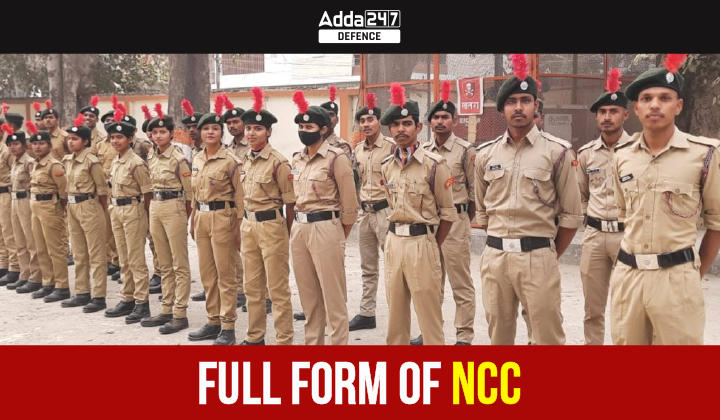


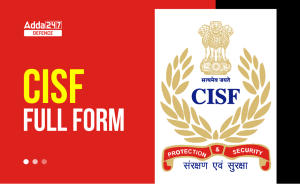 CISF Full Form, Know About History and F...
CISF Full Form, Know About History and F...
 CRPF Full Form, History, Roles and Respo...
CRPF Full Form, History, Roles and Respo...
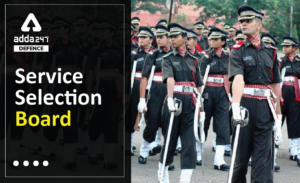 SSB Full Form, You All Need to Know Abou...
SSB Full Form, You All Need to Know Abou...

